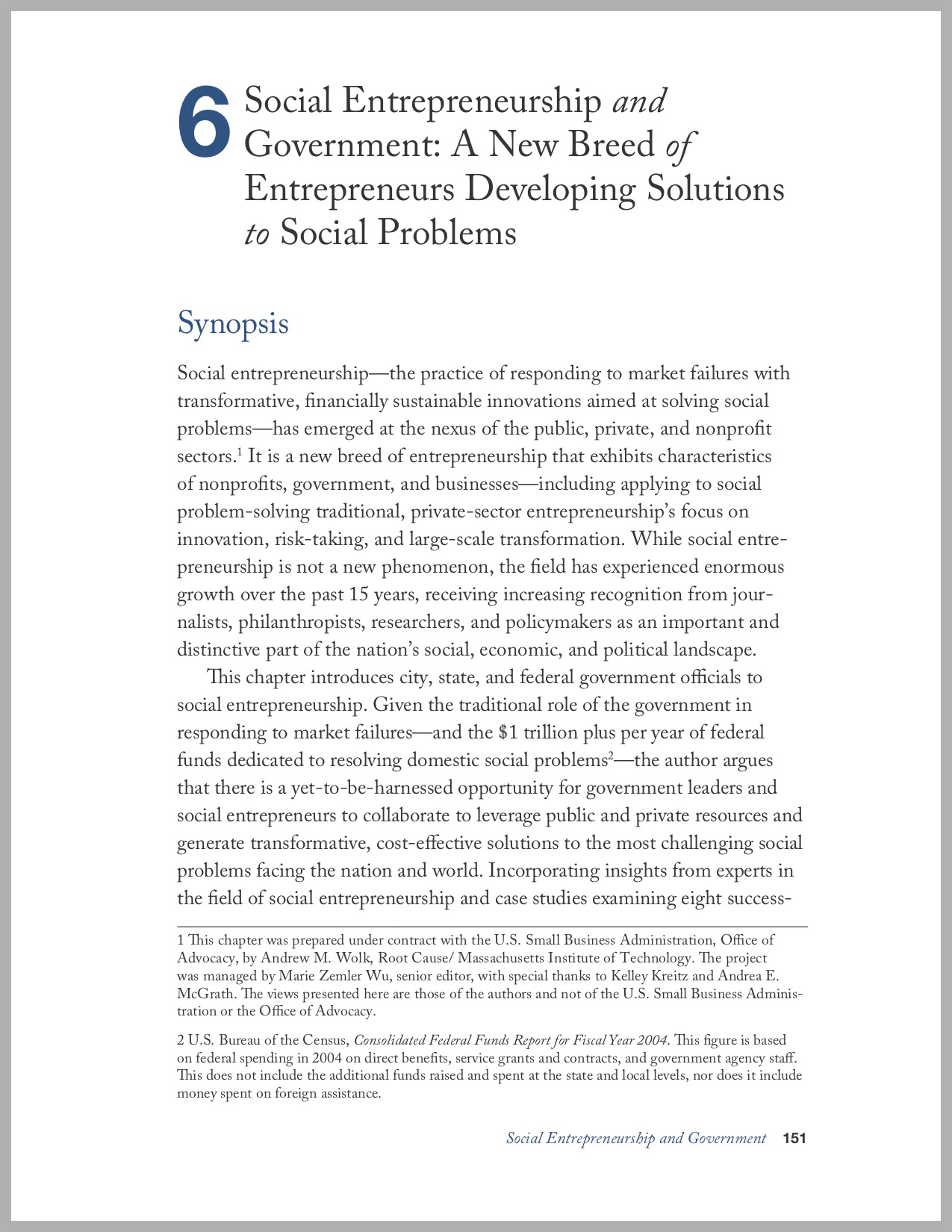Social entrepreneurship is the use of business principles to address social and environmental problems. Social entrepreneurs are individuals who combine business acumen with a passion for social justice. They create businesses that generate profits and use these profits to fund social and environmental initiatives.
Social entrepreneurship is a relatively new concept, but it has gained a lot of traction in recent years. This is due in part to the growing awareness of social and environmental problems, such as poverty, hunger, and climate change. Social entrepreneurs are seen as a force for good, and their businesses are seen as a way to create positive change.
There are many different types of social entrepreneurship businesses. Some social entrepreneurs create businesses that provide products or services that address social or environmental problems. For example, a social entrepreneur might create a business that provides affordable housing to homeless people or a business that sells organic food to low-income families.
Other social entrepreneurs create businesses that generate profits and then use these profits to fund social and environmental initiatives. For example, a social entrepreneur might create a business that sells fair-trade coffee and then uses the profits to support a school for children in a developing country.
Social entrepreneurship is a powerful tool that can be used to create positive change in the world. Social entrepreneurs are passionate about making a difference, and they are willing to use their business skills to achieve their goals. If you are interested in making a difference in the world, then social entrepreneurship might be the right path for you.
What Is Social Entrepreneurship?
Hey there, folks! If you’re curious about social entrepreneurship, you’re in the right place. It’s like a superpower that combines the best of both worlds: business and social impact. These entrepreneurs aren’t just after profits; they’re on a mission to make a difference in our society and environment. So, get ready to dive into the world of social entrepreneurship and see how it’s reshaping our world for the better.
Key Characteristics
Social entrepreneurs are a unique breed. They’re driven by a deep understanding of social and environmental problems and a burning desire to solve them. Here are a few key characteristics that set them apart:
- Mission-Driven: They’re not in it for the money. Their primary goal is to create positive social or environmental change.
- Innovative: They’re not afraid to think outside the box and come up with creative solutions to complex problems.
- Impact-Oriented: They measure their success not by profits but by the tangible impact they make on society.
- Sustainable: They build their businesses on sustainable models that can generate income while continuing to drive social change.
- Scalable: They aim to create solutions that can be replicated and expanded to reach more people.
Now, let’s dig a little deeper into how social entrepreneurs go about their mission.
Creating Sustainable Models
Social entrepreneurs don’t just rely on donations or government funding. They create businesses that generate income while also creating social or environmental value. This is where their innovation really shines. They might develop products or services that address unmet social needs or find ways to reduce environmental impact while remaining profitable. The key is to find a balance between financial sustainability and social impact.
So, if you’re looking to make a difference in the world, don’t be afraid to tap into the power of social entrepreneurship. It’s a challenging but incredibly rewarding path that allows you to combine your passion for social change with your business acumen. Who knows, you might just come up with the next groundbreaking solution that will make our world a better place.
What is Social Entrepreneurship?
Social entrepreneurship, like a symphony blending social good and business acumen, is a harmonious concept that uses business strategies to tackle pressing societal issues. These entrepreneurs are not driven solely by profit, but rather by a profound desire to make a positive impact on the world. They wield the power of innovation, harnessing the potential of markets to create sustainable solutions for problems that often seem intractable.
Value Creation
Social entrepreneurs stand as beacons of value creation, simultaneously enriching both stakeholders and the society they serve. Their ventures generate financial returns, providing a foundation for growth and impact. But beyond these tangible gains, they weave a tapestry of intangible benefits. Improved livelihoods, increased access to education and healthcare, and the cultivation of vibrant communities are just a few threads in this intricate tapestry.
The Triple Bottom Line
Unlike traditional businesses, social entrepreneurship embraces a broader definition of success. They measure their impact not just by financial returns, but also by social and environmental outcomes. This holistic approach, known as the "triple bottom line," recognizes the interconnectedness of these spheres. By pursuing social good, they not only uplift communities but also contribute to long-term economic sustainability.
Impact Measurement
Social entrepreneurship transcends mere intentions. It demands rigorous measurement and evaluation to ensure that interventions are indeed making a difference. Metrics such as lives impacted, emissions reduced, and community engagement provide tangible evidence of progress. This data-driven approach allows social entrepreneurs to refine their strategies, continuously striving for greater efficacy.
The Role of Innovation
Innovation serves as the lifeblood of social entrepreneurship. It breathes fresh air into stale problems, unlocking new possibilities for societal betterment. Social entrepreneurs are not content with simply replicating existing solutions. Instead, they dare to imagine and implement novel approaches, pushing the boundaries of what is possible. Their out-of-the-box thinking leads to breakthroughs that transform communities and inspire others to follow suit.
